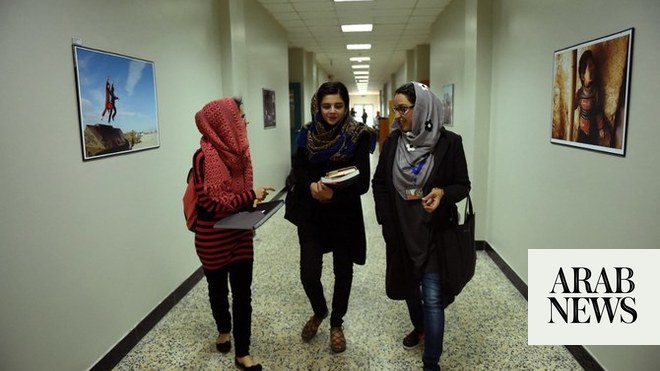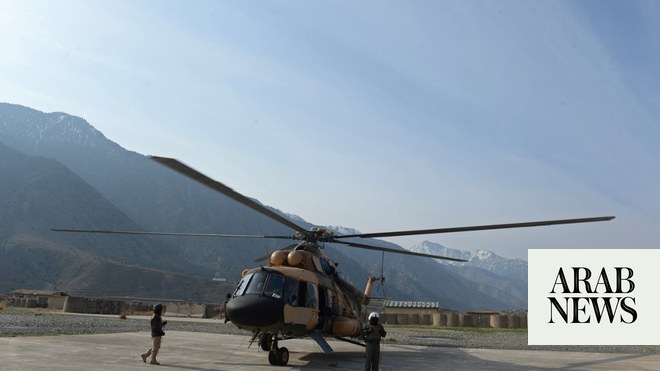
Pilot who served alongside British forces was threatened with deportation to Rwanda
Unnamed pilot reached Britain in a small boat
LONDON: The UK Home Office is set to grant an Afghan pilot leave to remain in Britain after an intervention by Prime Minister Rishi Sunak, The Times reported on Friday.
The unnamed pilot, who served as a lieutenant in the Afghan Air Force, reached Britain in a small boat across the English Channel as he said there were no safer legal routes into the country.
Despite flying more than 30 missions against the Taliban alongside coalition forces, he was threatened with deportation to Rwanda before his case became public after an investigation by The Independent, as he had traveled to the UK via a number of safe countries, including Italy, Switzerland and France.
The case was put to Sunak during questions at the House of Commons Liaison Committee earlier this week, at which he said “these are exactly the sort of people we want to help,” adding that he would ask the Home Office to look again at the pilot’s application.
Defence Secretary Ben Wallace has now said the former lieutenant will receive the right to permanently remain in the UK when he applies through the Afghan Relocations and Assistance Policy, but warned other Afghans not to travel illegally to the UK via the same route.
“The ARAP scheme is agnostic about where you’re applying from. The ARAP scheme has been used to bring people out of refugee camps in Greece. I would encourage people to apply for the ARAP scheme if they fit the requirements that we have set out,” Wallace said.
The decision comes after several senior political and military figures criticized the initial threat to deport the pilot.
Tobias Ellwood, chair of the House of Commons Defence Committee, and Lord West of Spithead, former head of the Royal Navy, both said the UK has a “duty” to people who had served alongside British forces in Afghanistan.
Lord West told The Independent: “The Afghans who helped us, whether they be interpreters or whether they were fighting alongside us, we have a duty to look after them — not least because they were helping us, but also because no one is ever going to want to help us if we ever get involved in a situation like that again.”
He added: “I understand all the issues about trying to stop boats coming across the Channel and people drowning. But I think occasionally one has to show some flexibility. And I would have thought this was a classic case where we should.”
A Home Office spokesman told The Times: “We remain committed to providing protection for vulnerable and at-risk people fleeing Afghanistan and so far have brought around 24,500 people impacted by the situation back to the UK.
“We continue to work with like-minded partners and countries neighbouring Afghanistan on resettlement issues, and to support safe passage for eligible Afghans.”












